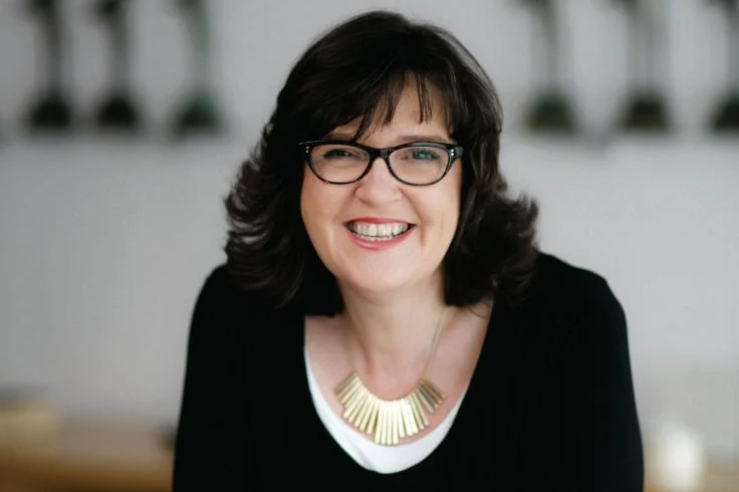With more than three decades of experience in helping organisations to navigate crises, Siobhán Molloy of Káno Communications is a firm believer in businesses swiftly owning up to corporate mistakes
Siobhán Molloy had an onerous task in front of her on a Saturday morning in 2008: telling the nation that it was soon to be separated from its supply of pork.
In her role as an adviser to the Food Safety Authority of Ireland (FSAI), the managing director at Káno Communications was charged with handling the messaging around one of the largest product recalls in the history of the state.
Elevated levels of dioxins, an environmental pollutant, had been found in Irish pork products sold both nationally and internationally. Although they were not so high that they posed an immediate risk to the health of consumers, they were between 80 and 200 times the levels allowed under EU law.
The issue had been caused by contaminated animal feed distributed to a number of farms in both Ireland and Northern Ireland.
“Everyone woke up to warnings on the radio. Morning Ireland, I remember, did a special on it, as every pork product was coming off the shelves. It was the easiest, cleanest, safest way to handle it,” said Molloy, who has more than 30 years’ experience helping organisations navigate their way through crises.
As well as overseeing the handling of the pork dioxin recall, she worked closely with the FSAI to manage the communication of the discovery of horse and pig DNA in Irish beef products in 2013.
More recently, she has aided the Health Products Regulatory Authority (HPRA) with monitoring the approval of Covid-19 vaccines and communicating any possible side effects or safety concerns (“of which there were not many”) to the public.
Through all of this, she has developed a particular perspective on what can make, or break, a crisis response.
“Our world today is very volatile and communication moves fast. During a crisis, it’s all about trust and confidence. If you’re not clearly communicating and providing the necessary information, you will fail, and there will be a vacuum,” she said.
Molloy is a major proponent of the fail to prepare, prepare to fail adage. She recommends that any brand hoping to ensure they can weather a crisis create a “crisis playbook” in advance that sets out what to do in the event that something goes wrong. This will prevent frenetic decisions being made in the midst of an actual event.
Running “live crisis simulations” can also be helpful in identifying potential gaps in an organisation’s response before the crisis in question actually arises.
“You need to think about what is the worst thing that could happen, and then plan for it,” she said.
According to Molloy, one of the worst things that a brand can do during a crisis situation is fail to issue any kind of response.
“If something has happened, you need to accept the consequences. Get as much of the news and facts out as fast as you can,” she said.
“Don’t have it pulled out of you through pressure, or have it dribble out. If you don’t own the story, others will.”
Once a company or organisation starts communicating, the public response, whether it be on social media or on the radio airwaves, should be carefully monitored, with any misunderstandings clarified and misinformation corrected in a timely manner.
“Misinformation can, when unchallenged, become reality,” Molloy said.
She cites Glenisk, the Irish organic dairy producer, as a company that handled a recent crisis with particular grace. The manner in which it communicated news of its Offaly plant being destroyed in a massive fire embodied much of the advice Molloy said she would give to a client in a similar situation.
“Vincent Cleary, Glenisk’s managing director, was out straight away explaining what they knew at that point. He was really honest and extremely humble about not knowing what the source of the fire was, or what the company’s plan was in the medium term,” she said.
Glenisk’s decision to honour the milk purchases it had agreed that day was not only a good move from a branding perspective, Molloy said, but indicative of a business with a particularly good set of values.
“Glenisk took a financial hit making sure it looked after its stakeholders, and came across as having great empathy. In the end, its competitors offered them the capacity to make their products at their factories, which is quite incredible.”
Conversely, Boeing’s handling of the grounding of its 737 Max planes left much to be desired, chiefly because the company lagged behind in issuing a response. Two crashes in Ethiopia and Indonesia that killed a total of 346 people caused many airlines and aviation authorities to ground the model amid safety concerns.
By the time Boeing had made the decision to formally take the model out of the air, the company had lost control of the narrative, Molloy said. She added that although companies may be inclined to assess the full facts of a situation or conduct an investigation prior to making a public statement, allowing this information vacuum to form within the public sphere is a major mistake.
“As others had acted before [Boeing], it seemed it was grounding its planes due to pressure,” Molloy said. “They should have been quicker to reinforce how seriously they take passenger safety. The undue delay resulted in Boeing losing control of telling its own story.”
Molloy also noted that the decision by Facebook to change its name to Meta seemed to come at a time when the company was facing enhanced scrutiny surrounding how its platforms affect users and society more broadly, a rebranding tactic that, she said, was ill-judged.
“Facebook’s decision to change its name has been perceived in many quarters as a move to distance itself from the barrage of negativity,” she said. “But the problem hasn’t been bottomed out and addressed, so it won’t go away.”
“Originally published in the Business Post on December 19th”
https://www.businesspost.ie/media-marketing/media-the-art-of-getting-in-front-of-a-crisis-3872b7e5

